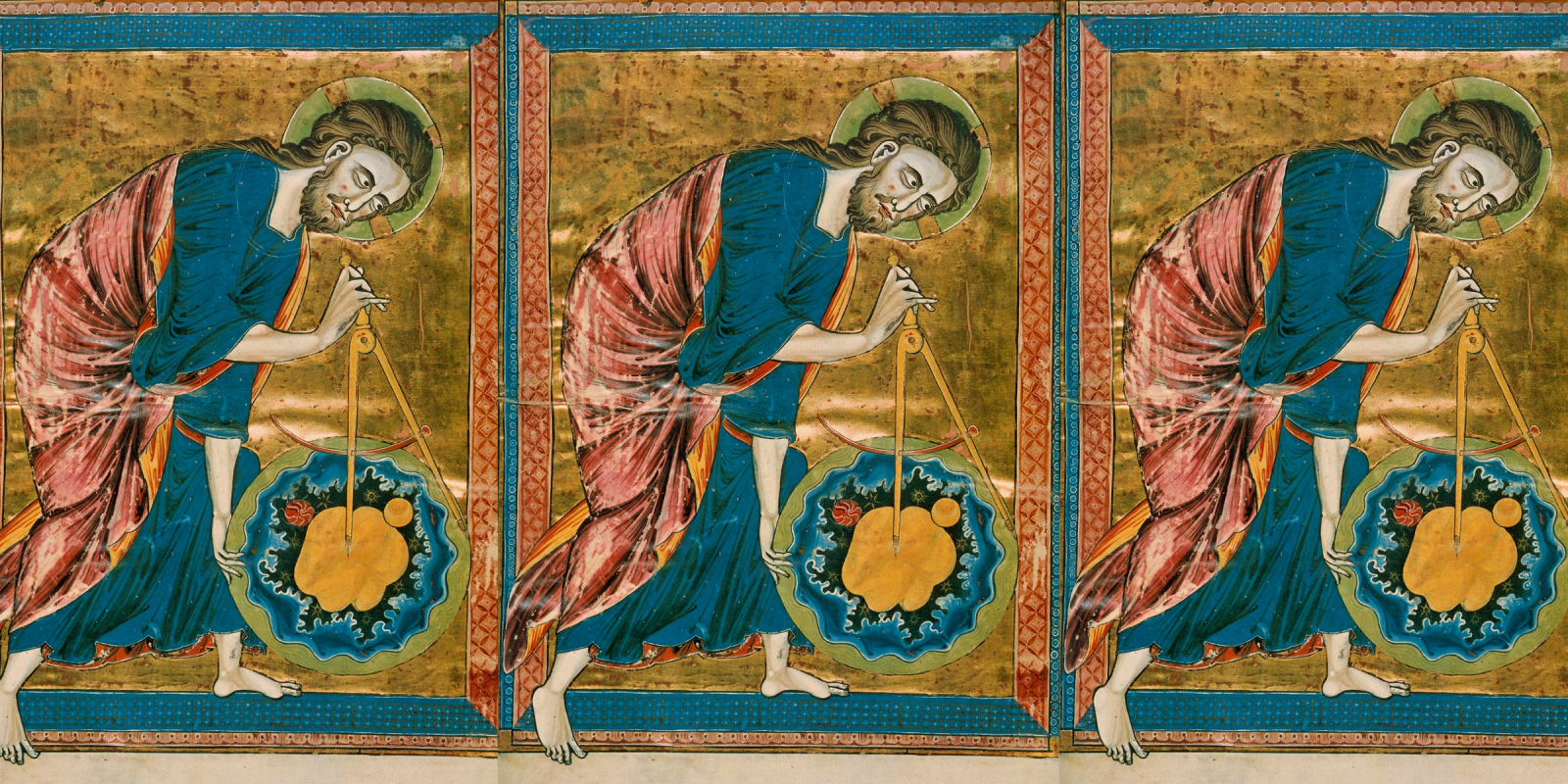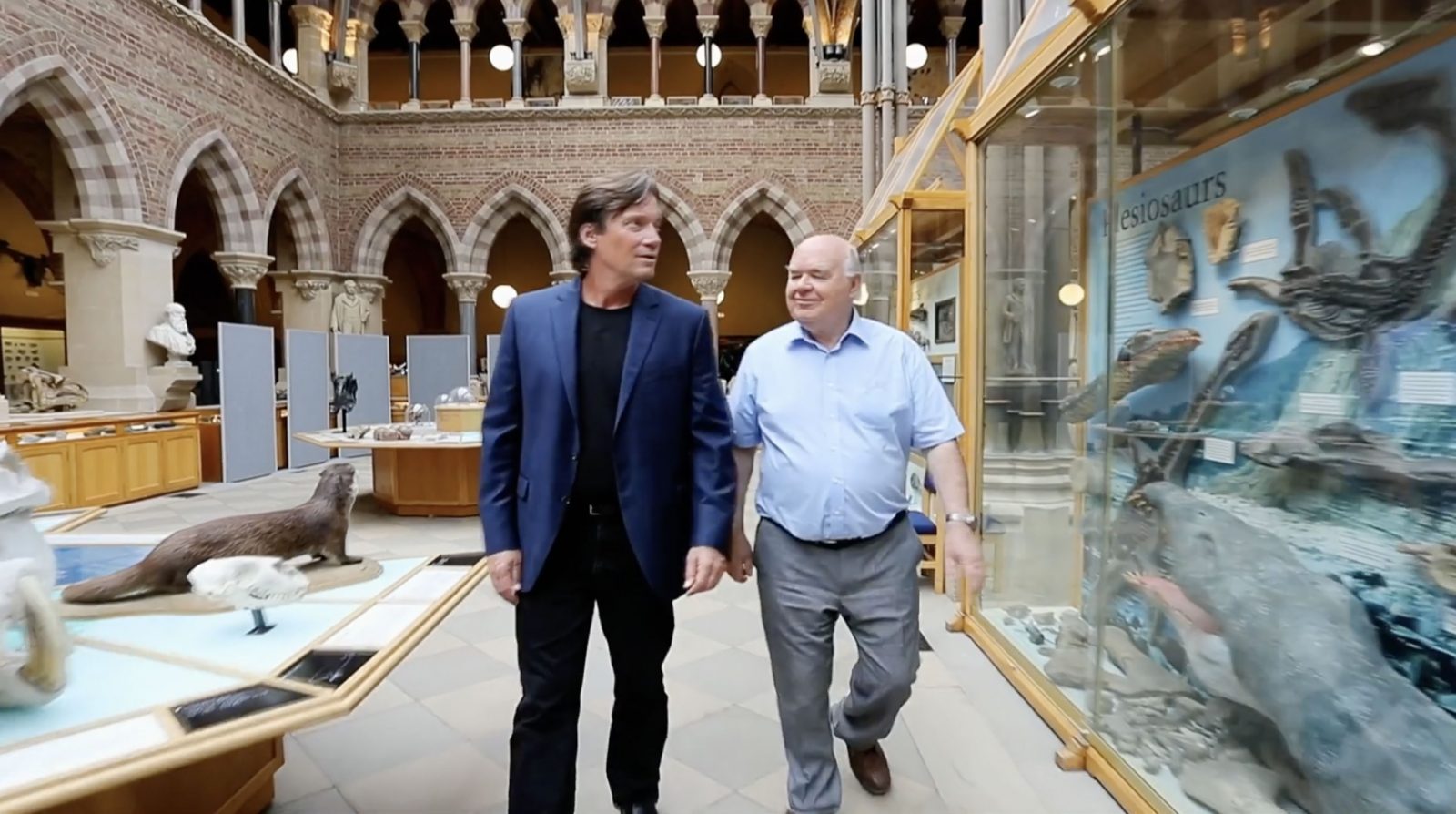


William Dembski on Scientism, Science, and Christian Faith
On today’s ID the Future, philosopher William Dembski and host Casey Luskin explore the relationship between science and faith. What is science? What is faith? How does Christianity define faith? Dembski explains that faith in the Judeo-Christian tradition is not the opposite of reason; at the same time, faith possesses a relational component—trust in a just, gracious, and reasonable God—that goes beyond mere assent to propositions. As for science, Dembski describes it as a careful search for truths about the natural world, including truths about key elements such as the birth of our fine-tuned universe and the origin of living things. Dembski says that he is convinced that scientific discoveries, unshackled from atheistic blinders, point strongly to intelligent design as the best explanation for life and the universe, a conclusion friendly to theism. As Dembski also notes, science was invented by theists, most of them Christians. They were motivated to search out the rational underpinnings of a cosmos because they believed it was fashioned by a rational designer. The occasion for the conversation is the recent Harvest House anthology, The Comprehensive Guide to Science and Faith: Exploring the Ultimate Questions about Life and the Cosmos, which Dembski co-edited and contributed a pair of chapters to. Get your copy here.

John Bloom on the Match that Lit the Scientific Revolution
On today’s ID the Future Biola University physicist John Bloom discusses his chapter in the recent anthology The Comprehensive Guide to Science and Faith, co-edited by host Casey Luskin. Bloom’s focus in his contributed chapter is the pivotal role of Christianity in the rise of science. Bloom, the academic director of Biola’s master’s program in science and religion, draws on his PhD training in physics but also on his PhD in ancient Near Eastern studies and his study of the history of science. Here he argues that while the Babylonians and Greeks contributed some discoveries and insights that would eventually play into the rise of science, science did not take off, was not born, until a cluster of crucial ideas drawn from the Judeo-Christian worldview infused Western thought. Only then did astrology become astronomy, alchemy chemistry, and the great adventure of scientific discovery begin in earnest. Tune in as Bloom and Luskin discuss the ancient predecessors of science and some of the key founders of science, including Copernicus, Galileo, Kepler, and Bacon, along with crucial ideas drawn from the Judeo-Christian worldview that lit the match. And find your copy of The Comprehensive Guide to Science and Faith here.

Andrew Klavan and Stephen Meyer Talk God and Science
On this ID the Future Stephen Meyer sits down with talk show host and bestselling novelist Andrew Klavan to discuss Meyer’s Return of the God Hypothesis. In this fast-paced conversation the pair touch on the Judeo-Christian roots of science, how fine tuning in physics and cosmology point to intelligent design, and how a great many scientists held out hope that the universe was eternal and therefore did not require a creator, but eventually threw in the towel as evidence mounted for a cosmic beginning. What about the multiverse hypothesis as an escape for atheists wishing to explain away the evidence for a cosmic designer? Meyer explains why it fails Occam’s Razor, and then he and Klavan discuss a noted atheist philosopher who frankly admits that he doesn’t want theism to be true and yet also admits that modern Darwinism has crashed and burned, and the evidence for design in various scientific fields is too powerful to be ignored. Today’s material is borrowed, with permission, from the Daily Wire and Episode 1050 of the Andrew Klavan Show. If you value the work of Stephen Meyer, our other design theorists, and the work of Discovery Institute’s Center for Science and Culture, along with intelligent design resources such as ID the Future, please consider a gift this holiday season. The generous donations of our supporters and regular listeners make this good work possible. Your gift will translate into more and more people encountering—some for the very first time—the powerful evidence that the universe is not meaningless but instead is charged with evidence of design and purpose. Click here to view donation options.

Carl Sagan Wrong about “Pale Blue Dot,” Says Astrobiologist
On today’s ID the Future, astrobiologist Guillermo Gonzalez unpacks one of his chapters in the new book The Comprehensive Guide to Science and Faith, edited by episode host Casey Luskin. Gonzalez and Luskin look at how our atmosphere as well as the sun, moon, distance from our host star, and position in the Milky Way are all curiously fine tuned not only for life but also for allowing Earth’s human inhabitants to observe and discover things near and far about nature. It’s as if a master designer made the Earth not merely for life but for curious and intelligent beings. What about the fact that Earth is such a tiny part of a vast universe, a “pale blue dot” as atheist astronomer Carl Sagan put it? Gonzalez fields that objection and uses diamonds to illustrate his point.

John Lennox Against the Tide of Atheism
On this ID the Future, John Lennox tells about discovering the damage atheism does to people, by seeing it firsthand in communist Eastern Europe and the former Soviet Union, and seeing what it does to rationality itself. In his continuing conversation with host and philosopher of science Stephen Meyer, Lennox relates how in his interactions with famous religiously skeptical scientists, he emphasizes that the Judeo-Christian worldview did much to give us science. When skeptical scientists ask the Oxford mathematician and philosopher how Christianity could have anything to say to science, Lennox is ready with an answer. This is the second part of a three-part conversation in which Lennox discusses his new documentary, Against the Tide, filmed with actor and host Kevin Sorbo.